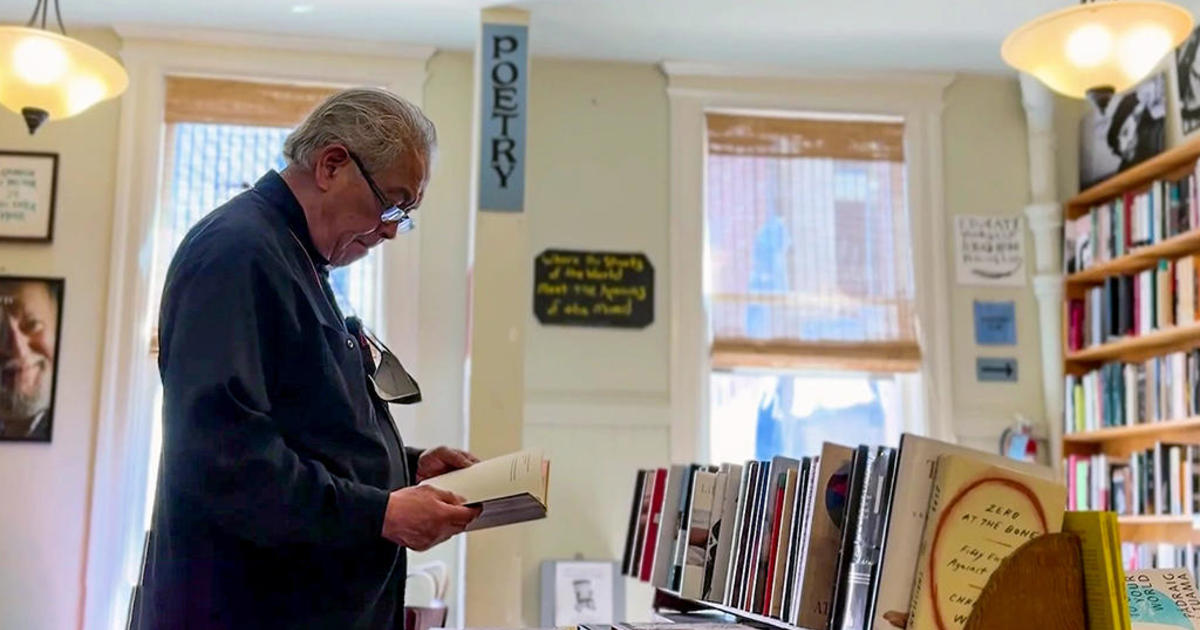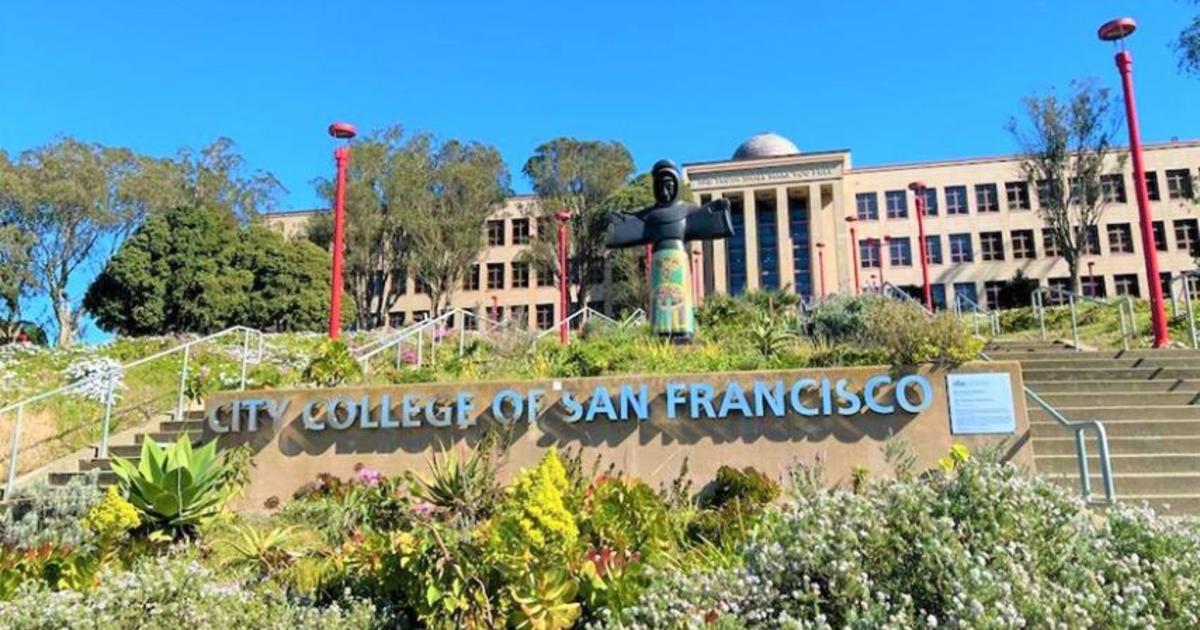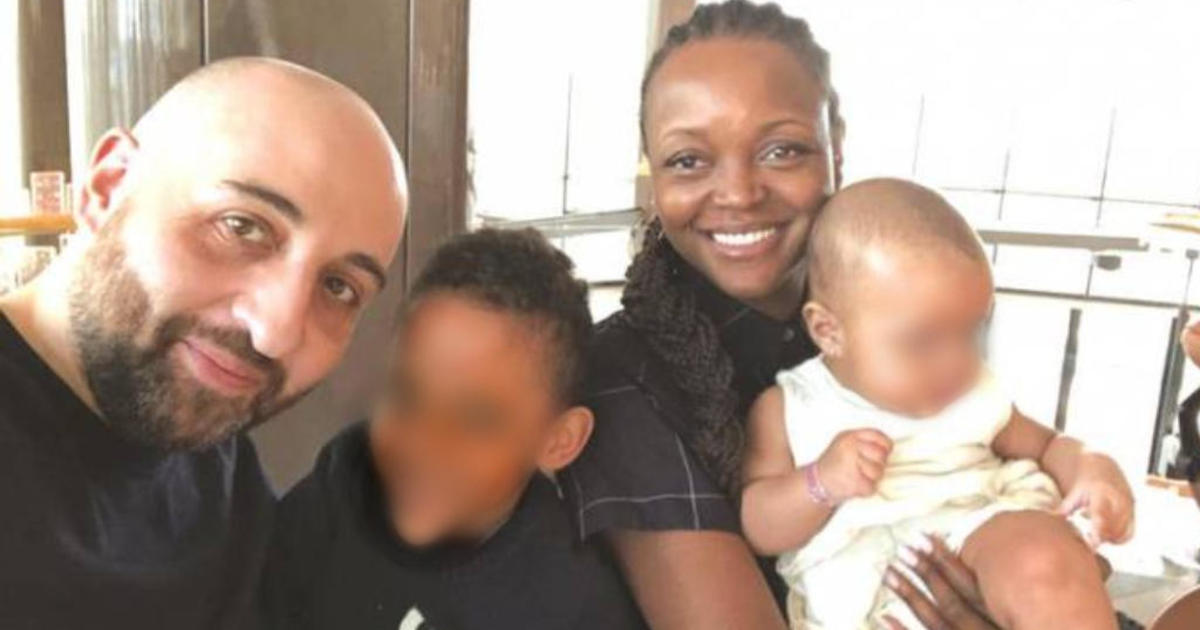Federal judges won't modify ban on clearing SF homeless encampments amid appeal
SAN FRANCISCO – A panel of federal appellate judges Tuesday left in place a lower court order that bars San Francisco from using the city's laws against sleeping on the streets to prosecute people who are involuntarily homeless.
The short 93-word order resolves, at least for the time being, the city's motion to modify the lower court injunction while the city pursues its appeal of that ruling. The appeals court said its decision was "without prejudice," meaning the city can renew the motion at a later date if circumstances warrant.
While both sides characterized the ruling as helpful to their positions, the order appears to kick the most contentious issues down the road for later resolution.
The case arises from a lawsuit filed against the city in September 2022 by the Coalition on Homelessness, an advocacy group, and a number of individuals, including several who have experienced homelessness.
On Dec. 23, 2022, Chief Magistrate Judge Donna Ryu of the U.S. District Court entered a preliminary injunction against the city that barred enforcement of the city's so-called "sit/lie/sleep" or "anti-camping" ordinances while there was a shortage of shelter beds. The ruling was "preliminary" because it preceded the full-scale trial that isn't expected until 2024.
The court's rationale was that if a person who was experiencing homelessness had no alternative place to sleep, enforcement of the anti-camping laws would violate the Eighth Amendment's prohibition on "cruel and unusual" punishment.
Ryu's order only prevented enforcement of the ordinances against those who were "involuntarily" homeless, so for example, a person who had a bed in the city could not choose to sleep on the street in violation of law.
The injunction brought sharp reactions from city officials. Mayor London Breed said, "Mayors cannot run cities this way." San Francisco City Attorney David Chiu said that the judge's order put the city in an "impossible situation."
Disputes over the meaning of the injunction arose almost immediately.
The city did not dispute that there was an overall shortage of shelter beds; the evidence showed it needed at least an additional 4,000 beds to cover everyone. However, its lawyers said that city's existing policy was not to clear tent encampments until it offered shelter to the people being displaced. (This was possible because, despite the overall bed shortage, some beds freed up every day from the churn as individuals left shelter for housing or to return to the streets.)
The city's lawyers argued that if an offer of shelter was made in accordance with the policy but rejected by the homeless individual, the city should be free to proceed to enforce the anti-camping laws, even if there was a shortage of beds citywide.
The city tried unsuccessfully to obtain what it called a "clarification" of the injunction from Judge Ryu.
Then, on Jan. 23, 2023, the city appealed Ryu's injunction to the U.S. Court of Appeals for the 9th Circuit and on April 14, it asked the court to suspend or modify the injunction while the city's appeal was being processed.
The 9th Circuit did not immediately address the city's motion but scheduled argument on the appeal for Aug. 23. Days before the scheduled argument, it notified the parties that it wanted them to argue the motion at the same time.
Much of the argument was devoted to the motion. The three-judge panel that heard the matter pressed the lawyers on each side to explain the dispute over the city policy.
The city said its position was that its policy was valid, in accordance with existing 9th Circuit law, and the city should be allowed to follow it.
The coalition's lawyers said that they did not object to the city's policy of offering shelter before enforcement, but it said that, in actual practice, the offers were illusory.
It appearing that both sides agreed the city's policy of offering shelter beds before enforcement was legal, members of the panel urged the sides to explore reaching an agreement on that point.
However, within days the lawyers advised the court that they had been unable to reach a written agreement.
The panel's brief order disregarded the impasse, declaring that "the parties agree that a person is not involuntarily homeless if they have declined a specific offer of available shelter or otherwise have access to such shelter or the means to obtain it."
In light of that "agreement," the panel decided there was no need to modify the underlying order while it considers the pending appeal.
Both sides found things to like in the ruling.
Zal Shroff, one of the coalition's lawyers, said in a statement, ""The Ninth Circuit's ruling makes clear... [that] San Francisco cannot punish people who lack access to specific and realistically available shelter. The injunction is in place because San Francisco failed that test by citing, fining, and arresting unhoused people who did not have a clear means to access shelter more than 3,000 times over the last several years."
Chiu, the city attorney, emphasized that the court's resolution accepted the city's position that enforcement may proceed after a shelter offer is rejected.
He said, "We are pleased that the Ninth Circuit agreed with the City that the preliminary injunction does not apply to those who refuse shelter or those who have a shelter bed and choose to maintain a tent on the street."
The ruling is unlikely to end the dispute because it does not resolve the question of what constitutes a "specific offer of available shelter."
The coalition says that the city frequently makes offers of shelter without knowing if a bed, much less a specific bed, is actually available. This means that a homeless person would not know if the offered shelter would accommodate a spouse/partner or a pet or whether it would be appropriate for one with a disability.
While Shroff was skeptical about the city's approach going forward, he said that if the city "finally, for the first time, makes specific offers of shelter to unhoused people at encampment resolutions, that's a win for all S.F. residents."



